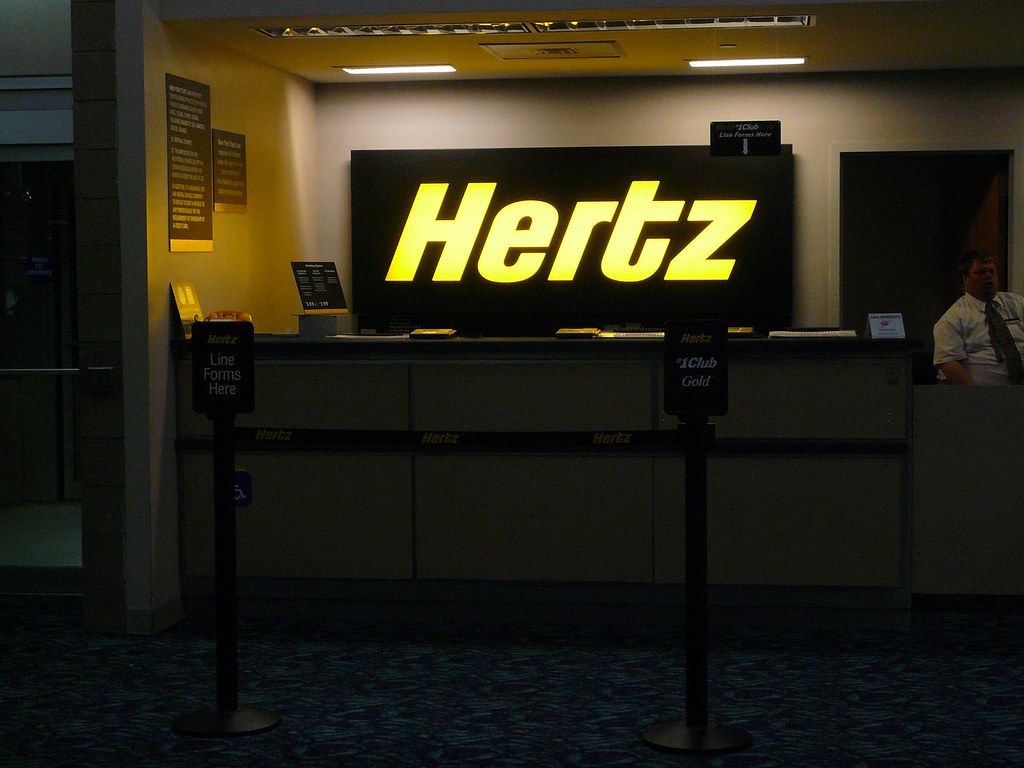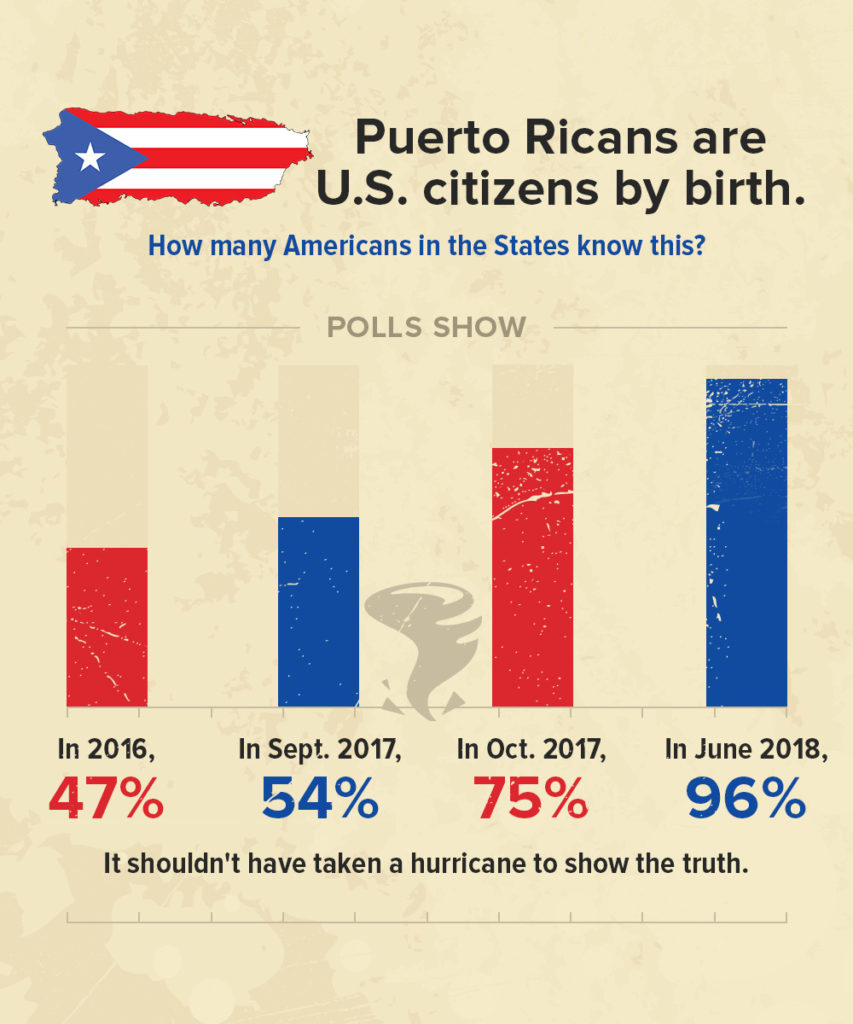Humberto Marchand recently traveled to New Orleans. He went to the Hertz rental car counter to pick up the car he had already paid for, and showed his drivers license, which was issued in Puerto Rico.
People born in Puerto Rico are citizens of the United States. This has been true since 1917.
The counter help at Hertz didn’t know this. She asked to see a passport. When Marchand tried to correct her error, she called the police, who threatened Marchand with the border patrol.
On the surface, this is just another story about the ignorance many U.S. citizens have about their fellow U.S. citizens in Puerto Rico. While it is less common since Hurricane Maria brought greater awareness about the territory of Puerto Rico, there are still plenty of ignorant people around.
The bigger story
Hertz apologized to Marchand and gave him a refund. The experience was an inconvenience. There have been other cases in which U.S. citizens from Puerto Rico have actually been detained and threatened with deportation. These errors may hit the headlines for a while, but the law is on the side of the citizens in these cases and the errors are corrected. It’s part of the colonial experience.
What if Puerto Rico were not a territory of the United States? What if Puerto Rico were an independent nation and someone born in the territory, who had perhaps lived in the states for years, had the same experience?
In that case, the person from Puerto Rico would be required to show a valid passport. He could also be subject to deportation. After the Philippines became independent of the United States in 1946, there were many cases of deportation of Filipino nationals living in the United States, even though they had entered the U.S. legally while the Philippines were a U.S. territory.
Citizenship is guaranteed only under statehood
When Puerto Rico becomes a state, people born in Puerto Rico will be citizens under the U.S. Constitution, just like the people born in any of the current 50 states.
Senator Barry Goldwater was born in the Territory of Arizona before it became a state. Rep. Don Young was born in the Territory of Alaska before it became a state. Sen. Daniel Inouye was born in the Territory of Hawaii before it was a state. The citizenship of these and all the other citizens born in territories which became states has never been uncertain.
Former territories of the United States which have become independent, however, are another story. The people born in the territories of Cuba, the Philippines, the Marshall Islands, and Palau are not U.S. citizens. No former territory which has chosen independence has ever gotten U.S. citizenship as part of the deal, whether or not they negotiated a Compact of Free Association.
If Puerto Rico chooses independence or sovereignty under free association, people born in Puerto Rico and living in the states should expect life to become more difficult.









No responses yet